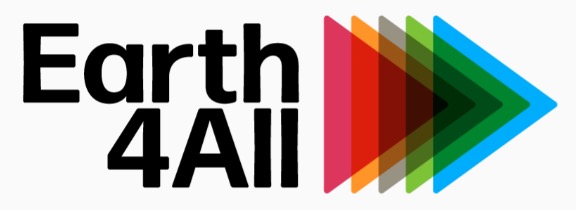We are a critical juncture in our history where marginalized voices and perspectives need to be incorporated into the way we do everything. Our society has been organized in such a way that it best serves those who originally wrote the rules. We will not progress on our greatest challenges until we become better at listening to diverse voices and including them in our decision-making behavior. I try to incorporate this philosophy into my research through welcoming diverse collaborators and building equity in partnerships, in my teaching and mentorship both explicitly and by carefully listening to my students’ feedback, and in my administration by helping to build a more inclusive and equitable working environment in our Department, College, and University
Taking this a step further, I believe that we can only solve our current global climate crisis through the equitable redistribution of our resources. We need to make significant, radical change in the next few years (not decades) if we are going to avert the catastrophic outcomes of climate and ocean change. This sounds daunting, but I believe it is achievable. We are increasingly turning to the ocean and the emerging Blue Economy for solutions. Fisheries and oil drilling moved offshore long ago, and continue to go deeper. Emerging industries like deep-sea mining and bioprospecting are looking to international waters for additional ways to monetize natural resources. Currently, there are negotiations underway at the UN to govern these activities, and among these considerations is the proper valuation of natural resources, including ecosystem services, and the creation of a global fund that would contain the dividends from the extraction of natural resources. If this fund were used to forgive foreign debt and lift millions out of extreme poverty, then these nations and populations can avoid using fossil fuels to drive their development and improve their quality of life, as the wealthy nations of the world have already done, resulting in the current global climate crisis.


